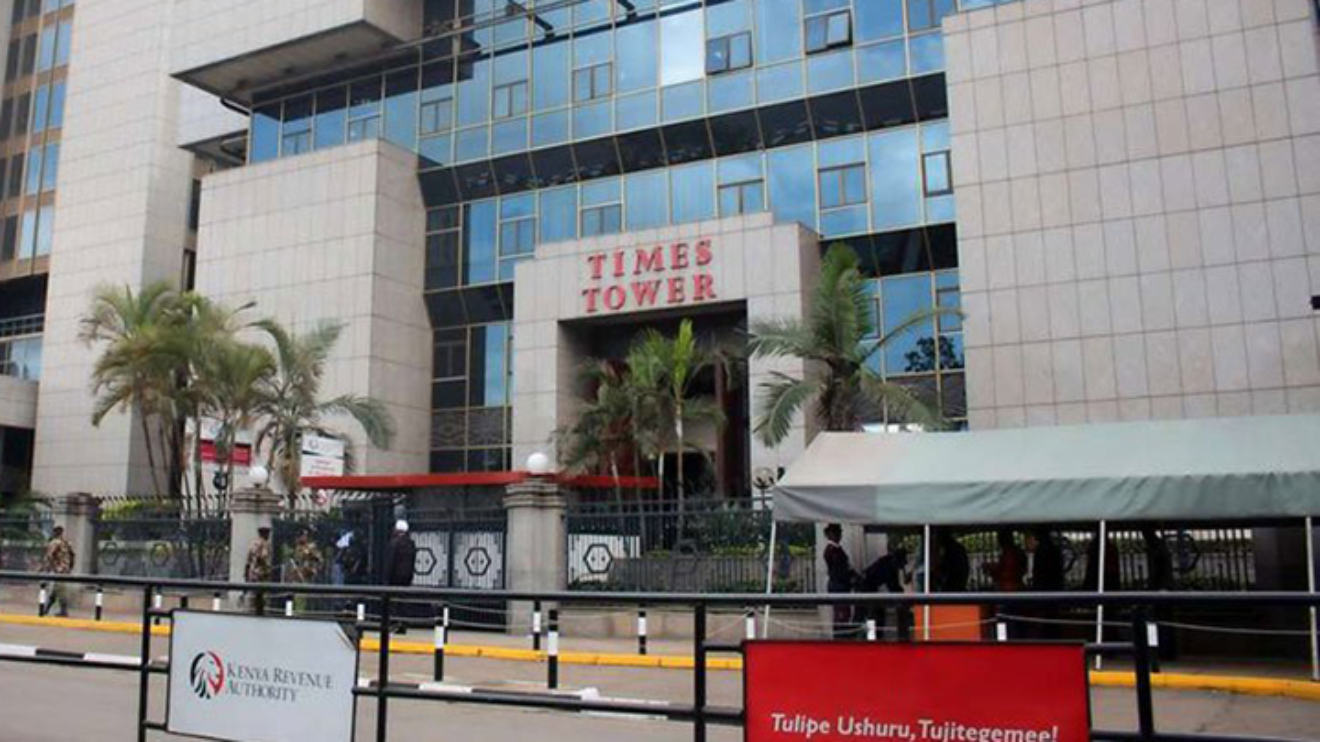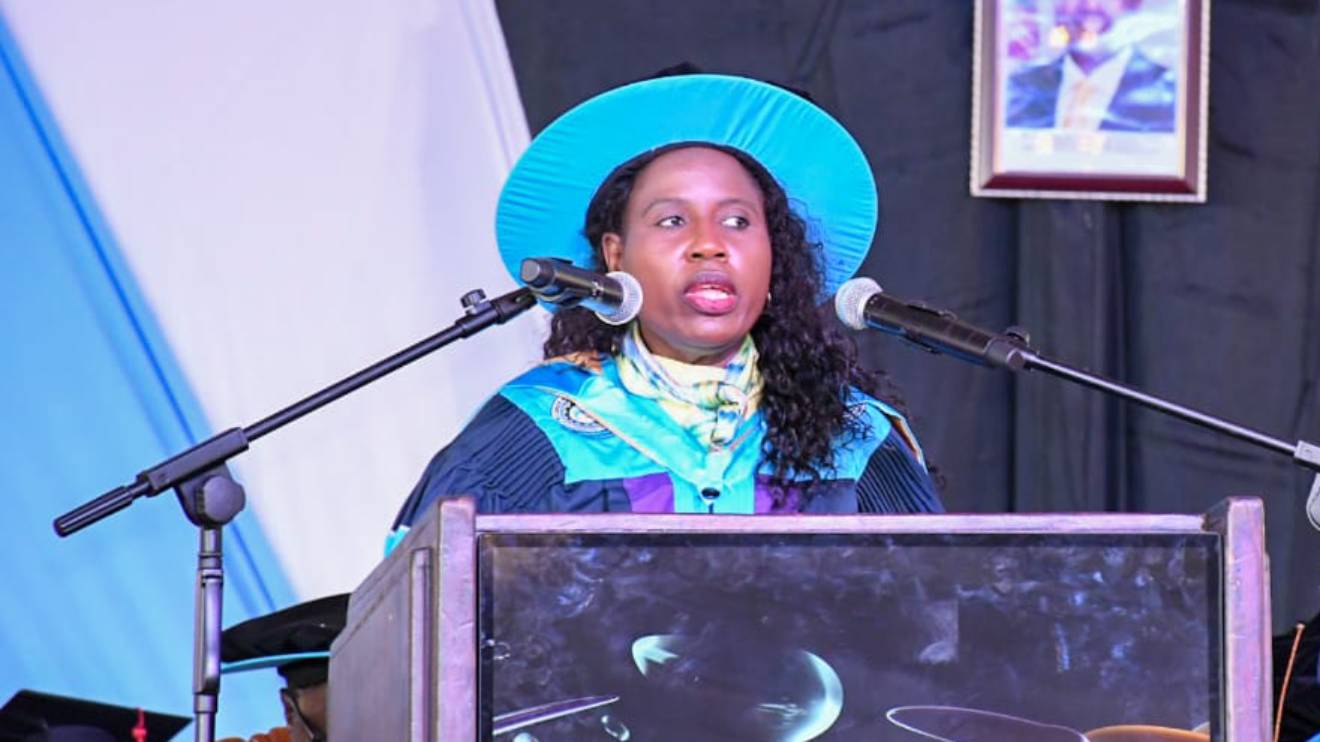Donald Trump’s administration plans to slash Sh74.8 billion ($555 million) from the United States’ contributions to the African Development Fund (ADF), a move that could imperil Africa’s Sh5.4 trillion ($40 billion) electricity expansion ambitions, Business Insider has reported.
The ADF, the African Development Bank’s (AfDB) concessional lending arm, has counted on U.S. support since 1976, with the country standing as its third-largest donor and the World Bank’s top donor.
At the centre of the looming funding shock is Mission 300, a joint initiative launched in 2024 by the AfDB and the World Bank.
The programme aims to deliver 300 million new electricity connections across Africa by 2030 through a mix of on-grid and off-grid solutions, including solar mini-grids and national grid expansions.
The AfDB has pledged Sh2.4 trillion ($18.2 billion), while the World Bank has committed Sh2.9 trillion ($22 billion), combining for direct funding of Sh5.4 trillion ($40 billion).
Read More
In addition, the initiative seeks to mobilise at least Sh12.3 trillion ($90 billion) from multilateral development banks, private investors, and philanthropic organisations.
Half of the targeted new connections are planned to come from renewable sources such as wind and solar, reflecting a push for low-cost, sustainable energy.
Twelve African nations, including Chad, Côte d’Ivoire, the Democratic Republic of Congo (DRC), Liberia, Madagascar, Malawi, Mauritania, Niger, Nigeria, Senegal, Tanzania, and Zambia, outlined their energy strategies at the Mission 300 Energy Summit held in Dar es Salaam, Tanzania, in January 2025.
There, they endorsed the Dar es Salaam Energy Declaration, signalling their commitment to advancing these reforms.
The summit highlighted key challenges facing Africa’s electrification drive.
“One of the biggest barriers to Africa’s electrification efforts has been the reliance on hard currency loans for energy infrastructure, which leaves developers vulnerable to exchange rate fluctuations,” said AfDB President Akinwumi Adesina.
Analysts warn that the proposed U.S. pullback could severely undercut Mission 300’s efforts. Concessional loans from the ADF are critical to many African countries, particularly those with constrained fiscal space and mounting debt service obligations, like Nigeria.
A Sh67.4 billion ($500 million) shortfall could weaken the AfDB’s ability to finance vital projects such as rural mini-grids and off-grid solar systems.
The risk extends beyond AfDB operations. While the World Bank has not yet signalled any changes to its Sh2.9 trillion ($22 billion) commitment, the U.S., as its largest shareholder, plays a pivotal role in maintaining the stability of such pledges.
Without firm public funding, the Sh1.2 trillion ($10 billion) in private investment that Mission 300 aims to attract could be jeopardised, as investor confidence hinges on robust institutional backing.
While other major donors have trimmed their contributions to the African Development Fund in recent years, none have proposed cuts as steep as those put forward by the Trump administration.
The anticipated shortfall threatens to destabilise the AfDB’s operational plans and could force a fundamental rethink of how the bank’s key fund functions, raising fresh uncertainty for Africa’s energy future at a pivotal moment.

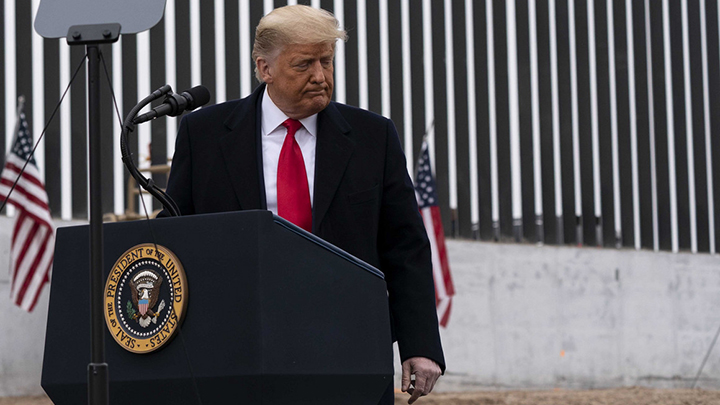
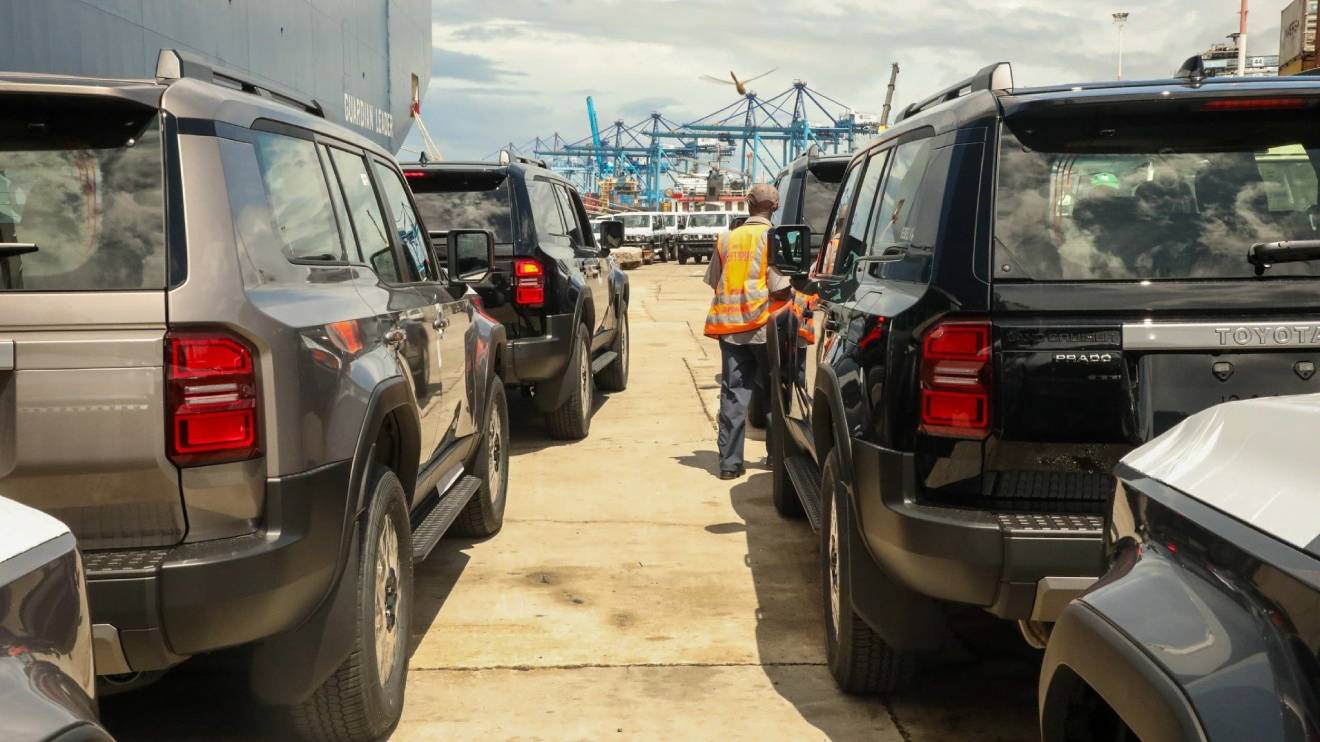
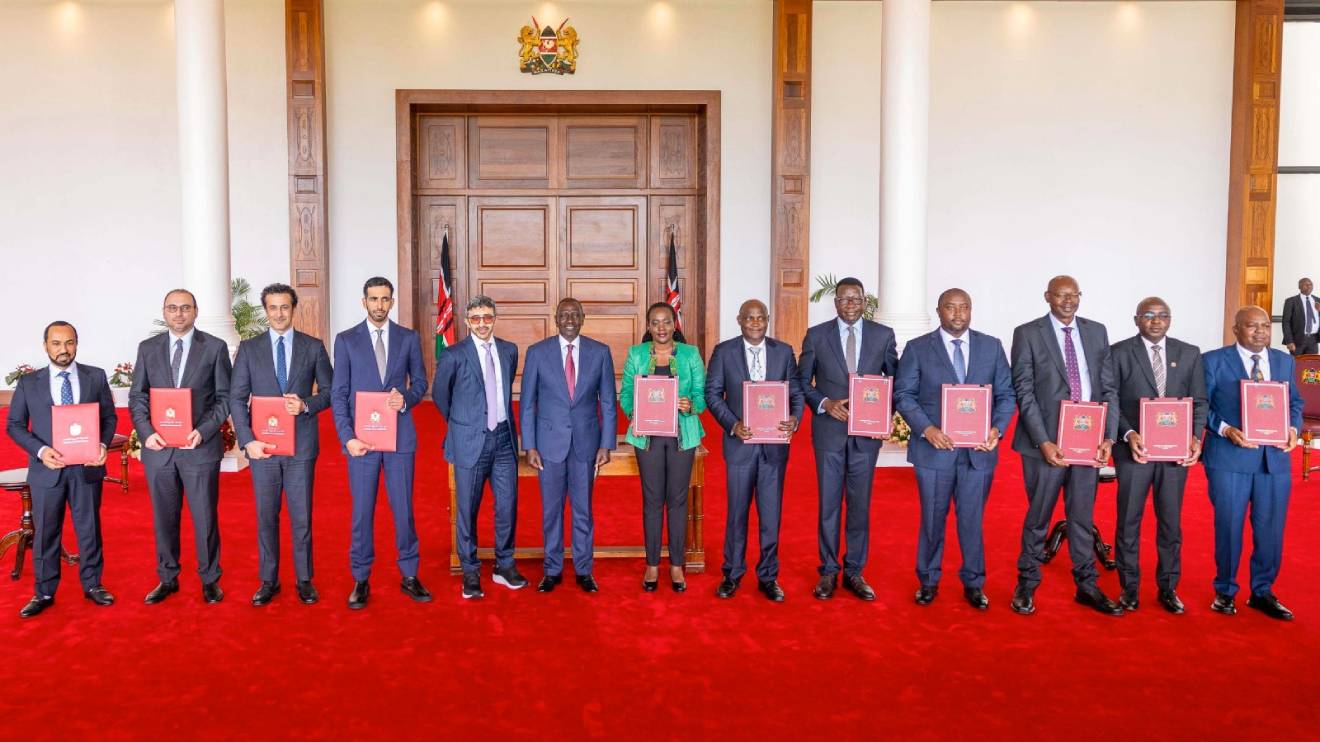
-1746784576.jpeg)
 (1)-1746786193.jpg)
